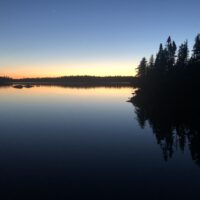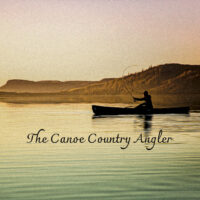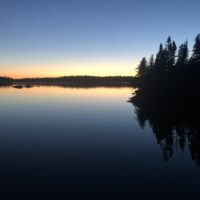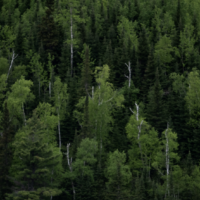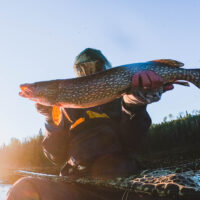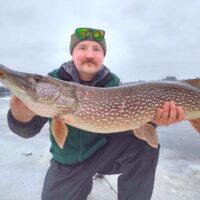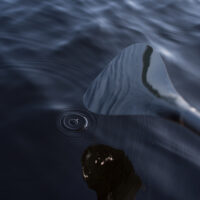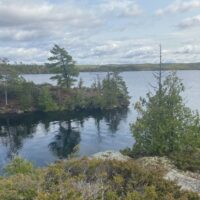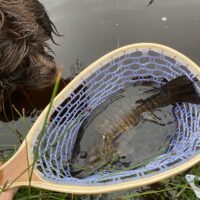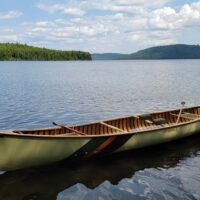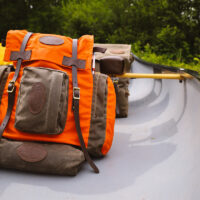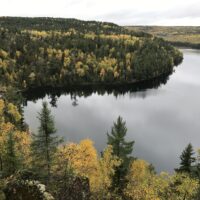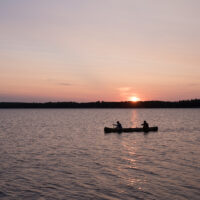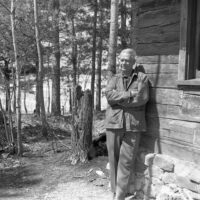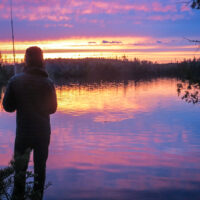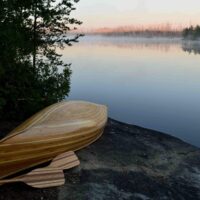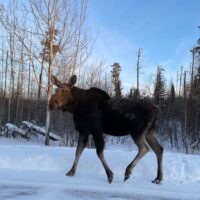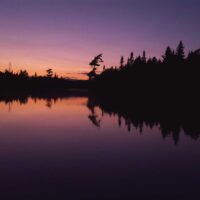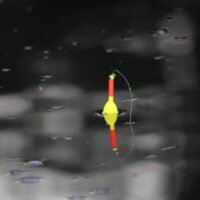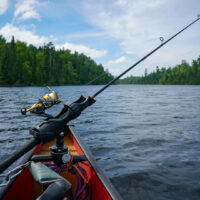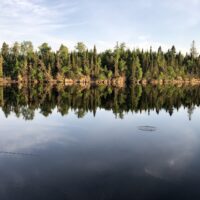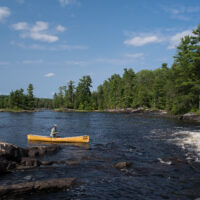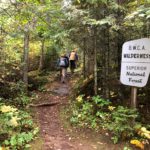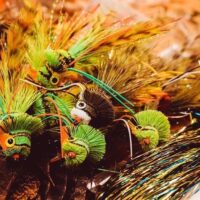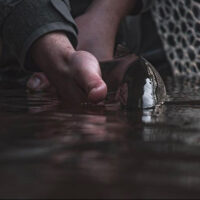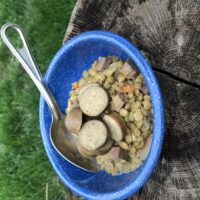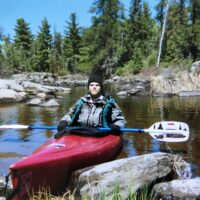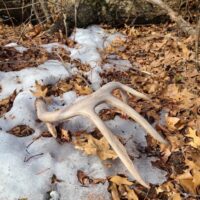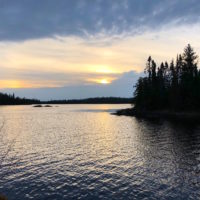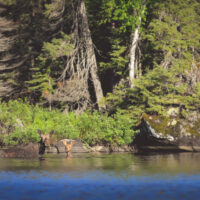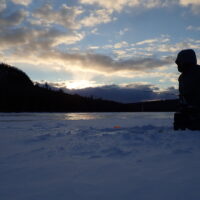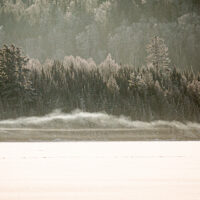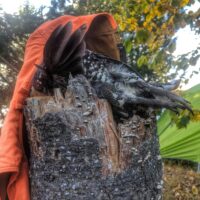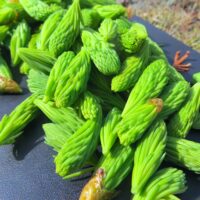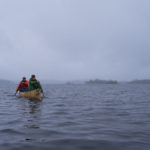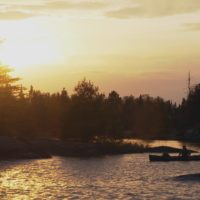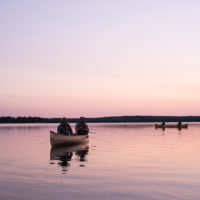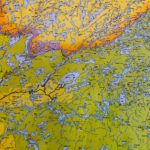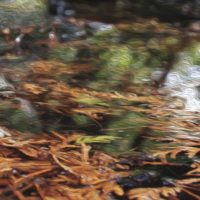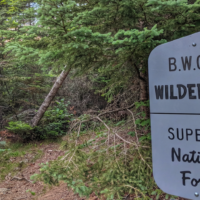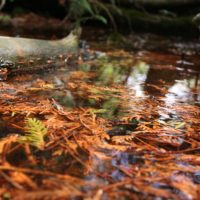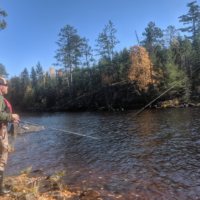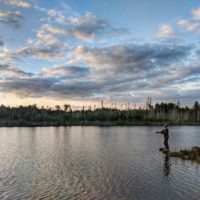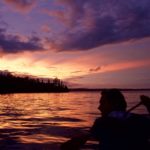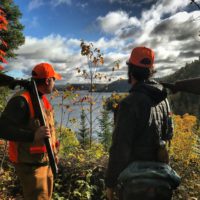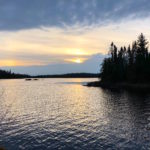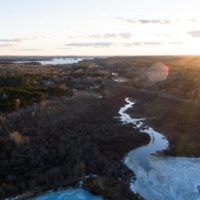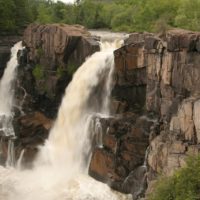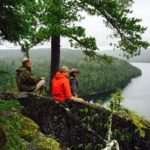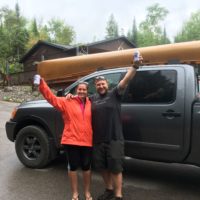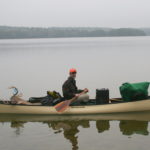Border Waters – Prestigious Canadian River System
June 18, 2019 5:34 pmReposted from Quetico Superior Wilderness News – Posted on May 14, 2019 by Greg Seitz
Quetico-Superior waterways are part of prestigious Canadian river system
Pigeon Falls, on the Boundary Waters Voyageurs Highway Canadian Heritage River (Photo by Sharon Mollerus)
There are 39 rivers in Canada that have been designated as outstanding, helping the nation celebrate the “importance of rivers to Indigenous people, to explorers, to voyageurs and settlers, to industry and the economy, to our landscape, to the environment, and to our well-being.”
The Canadian Heritage Rivers System promotes the long-term conservation of rivers that are noteworthy for their natural, cultural and recreational values.
One of these rivers flows through the heart of the Quetico-Superior region. The Boundary Waters/Voyageur Waterway (BWVW) comprises 155 miles of what is also known as the Border Route, the chain of lakes and rivers that runs from Lac La Croix east to Lake Superior.

Boundary Waters/Voyageurs Highway map
Kestrel Wraggett of Ontario Parks reports that by passing through three provincial parks, the system is among the “most protected” in Ontario. The route includes 70 miles within Quetico Provincial Park, 80 miles in La Verendrye Provincial Park, and 3 miles in Pigeon River Provincial Park.
The river was nominated in 1986, shortly after the system was created, and designated in 1996.
Rich resources
The waterway is recognized for several reasons. Its natural resources include unique billion-year-old geologic formations, 400 plant species, of which 13 are rare, and two-billion-year-old microfossils, the oldest found in North America.
Its human history is also long and rich in evidence still visible today, and is important to First Nation people today. The BWVH crosses two treaty areas in Ontario and abuts part of one treaty area in Minnesota. The Lac La Croix First Nation is located in Ontario on Lac La Croix at the western end, the Bois Forte Band of Ojibwe is located to the south and west of the waterway in Minnesota, and the Grand Portage Indian Reservation is located in Minnesota on the eastern end of the waterway.
“The 10,000 years of human history along the waterway is evident through the 124 known cultural sites along the waterway on the Canadian side alone,” Wraggett writes. “These sites include pictographs and stone tool quarries, as well as historic campsites and portages that would have also been used by voyageurs, explorers and modern day canoeists.”
Recreationally, the area’s long history of wilderness canoeing, camping, fishing, and more is an important part of the heritage. Navigable in both directions, rather than just downstream like many rivers, the waterway also connects to 900 miles of paddling routes in Canada and 1500 miles in the United States.
River report
A 2017 report issued by Ontario Parks shared findings from a monitoring trip undertaken along the waterway the previous year. Such reports are required every 10 years. The trip included three young people from Lac La Croix First Nation, as well as ecologists, planners, and others from the Ontario Ministry of Natural Resources.
Because the waterway exists on the border with the United States, the Canadian officials were aware of how American activities can affect the region. The report states that proposed sulfide more mining in northern Minnesota “represents an existential threat to the integrity of the aquatic and terrestrial wildlife in the area of influence.”
The report recommended several management steps to maintain the waterway’s high quality character. Suggestions ranged from installing pit toilets, additional signs at popular access points, discussion with both country’s border security agencies about considering heritage values in security efforts, and scientific studies of the living things found in La Verendrye and Pigeon River Parks.
Additionally, an effort has been underway since 2013 to amend the route to recognize the early fur trade route from Fort William through Quetico.
Endnotes:
- The Boundary Waters/Voyageur Waterway: a Canadian Heritage River, Ontario Parks, April 15, 2018
- About the Canadian Heritage Rivers System
- Boundary Waters/Voyageur Waterway, CHRS
- Boundary Waters Voyageur Waterway, Ontario, Two Decades in the Canadian Heritage Rivers System, 1996 – 2016(PDF)
Categorised in: News




